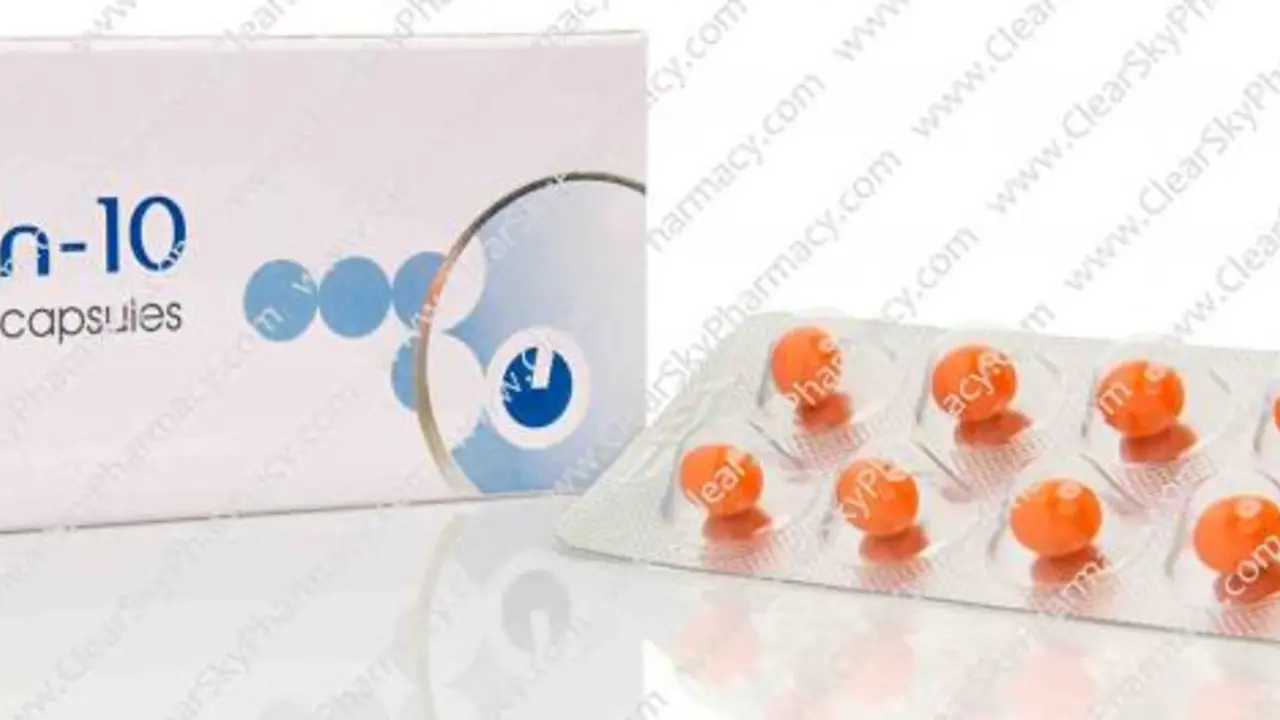Skincare Medication: What You Need to Know
If you’re looking for a simple way to improve your skin, medication can be part of the plan. From prescription creams that clear acne to oral pills that treat psoriasis, there are many options that work when used correctly. The key is knowing which product matches your condition, how it should be applied, and where to buy it without risking counterfeit goods.
Top Skincare Medications You Should Know
Retinoids – These are vitamin A derivatives that speed up cell turnover. They’re great for acne, fine lines, and uneven tone. Start with a low strength to avoid irritation, and use them at night.
Topical antibiotics – Creams or gels containing clindamycin or erythromycin help reduce bacterial growth on the skin. They’re often paired with benzoyl peroxide for better results.
Corticosteroid creams – Low‑strength steroids calm inflammation from eczema, dermatitis, and psoriasis. Use only as a short‑term solution; long use can thin the skin.
Oral isotretinoin (Accutane) – This powerful pill clears severe acne that doesn’t respond to other treatments. Because of serious side effects, it requires close doctor supervision and regular blood tests.
Antifungal agents – For fungal infections like ringworm or athlete’s foot, topical clotrimazole or oral terbinafine work fast. Keep the area clean and dry while treating.
How to Buy Skincare Medication Safely Online
First, get a prescription from a licensed doctor. Most online pharmacies will ask for a copy before they ship anything that needs a script. If you see a site that sells prescription meds without asking for a prescription, walk away – it’s likely illegal.
Check the pharmacy’s credentials. Look for a physical address, a phone number, and a pharmacist‑in‑charge name on the website. A verified SSL certificate (the https:// lock) is a must, but not enough on its own.
Read reviews from real customers. Forums, Trustpilot, or Reddit threads can give you a sense of whether people received genuine products. Beware of overly‑positive language that sounds like advertising copy.
Compare prices, but don’t pick the cheapest option blindly. Extremely low prices often mean counterfeit or expired meds. Use tools like GoodRx or pharmacy discount cards to find legitimate savings.
When the product arrives, inspect the packaging. Authentic meds have clear labeling, batch numbers, and expiration dates. If anything looks off – misspelled words, blurry logos, wrong colors – contact the seller immediately and consider reporting them to your local health authority.
Finally, keep a record of what you bought, how much you paid, and any communication with the pharmacy. This makes it easier to claim refunds or report fraud later.
Skincare medication can be a game‑changer when you choose wisely and shop safely. By understanding the types of meds available and following these buying tips, you’ll protect your skin and your wallet at the same time.

